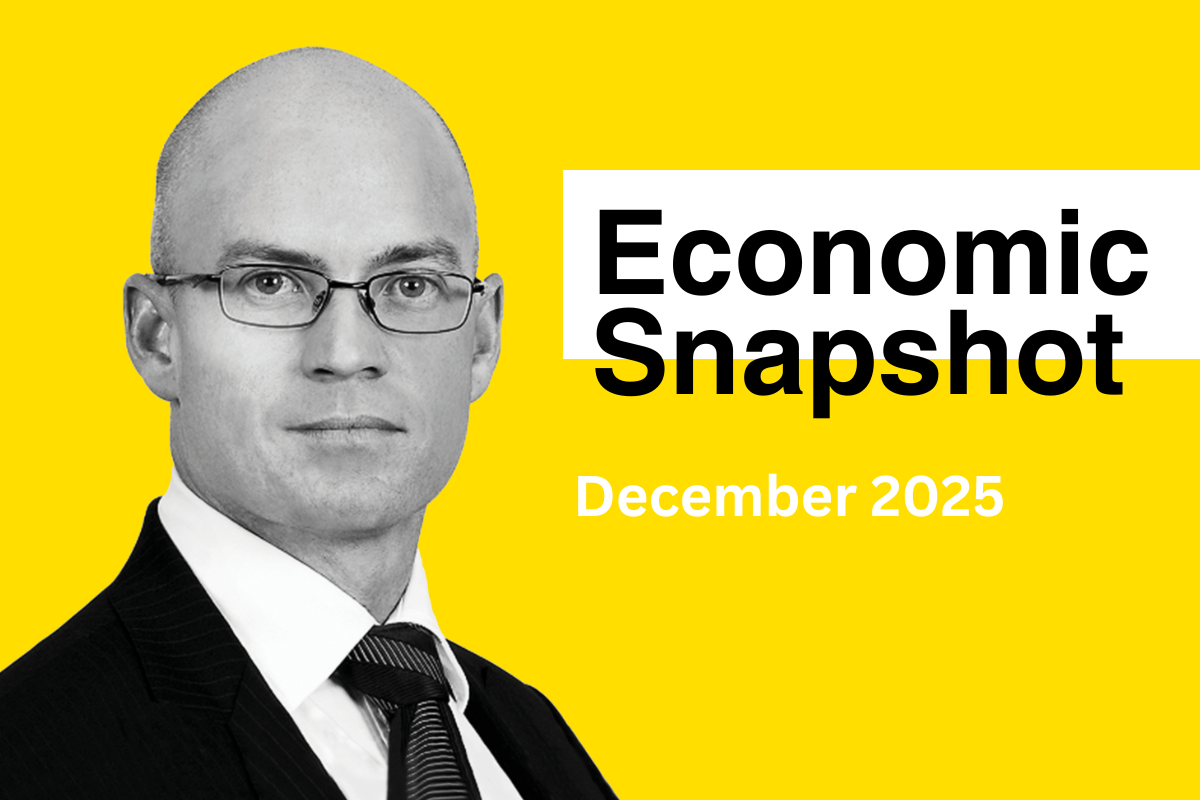Navigating Through Buyer’s Remorse: A Guide to Smarter Spending

The cycle of impulse buying is a familiar one to many of us: the initial attraction, the rush of the purchase, followed by the inevitable regret. Despite repeated experiences of buyer’s remorse, breaking free from this cycle remains a challenge for numerous Australians. Indeed, a 2022 survey revealed that nearly 60% of us are wrestling with guilt over our spending habits.
We understand the importance of aligning financial decisions with personal values and long-term goals. To shed light on this, we’ve put together strategies for leveraging buyer’s remorse into making more mindful spending choices.
Understanding Buyer’s Remorse
Buyer’s remorse stems from what can be described as “mindless spending,” where purchases are made with little consideration for their long-term impact, leading to feelings of regret, anxiety, and guilt. This phenomenon can affect purchases big and small and is exacerbated when purchases lead to debt.
Social influences, including social media and peer pressure, also play a significant role. The desire to emulate others’ lifestyles can often lead us astray from our financial goals.
The Repetitive Nature of Spending Mistakes
Habits of spending for entertainment, comfort, or distraction are deeply ingrained and challenging to break due to psychological factors such as emotional triggers and the pursuit of instant gratification. The cycle continues as we seek to “fill the void,” with marketing strategies frequently reigniting our desire to spend.
Transforming Remorse into Reflection
Turning buyer’s remorse into a constructive learning tool involves adopting a more deliberate approach to spending. For example, introducing periods of reflection, like a month-long pause on specific spending, can help us understand our habits and triggers.
Key strategies include:
- Identifying the root cause of your remorse, whether it’s impulse buying, unmet expectations, or financial strain.
- Recognising triggers that prompt unnecessary spending.
- Setting clear financial goals and establishing a budget to guide your spending decisions.
- Practising delayed gratification to curb impulse purchases.
- Sharing your financial objectives with someone you trust or seeking professional advice for accountability.
Gough emphasises the importance of forward planning and organising finances into dedicated accounts to manage different types of spending effectively.
Practical Steps Forward
For those instances where buyer’s remorse creeps in, taking action by returning regrettable purchases, where possible, can mitigate the feeling of loss. Additionally, becoming familiar with return policies for future purchases ensures that you can make decisions that align with your financial wellbeing
Latest News Articles
Back to Latest News
What a Financial Plan Actually Looks Like

Realistic Budgeting Tips for Australians in 2026


